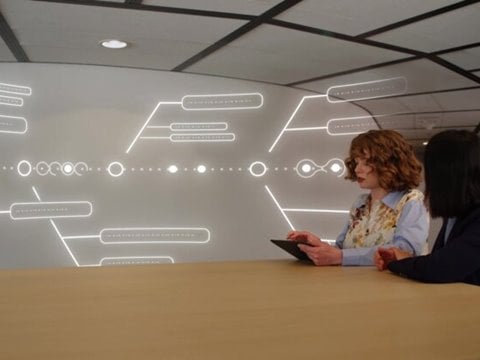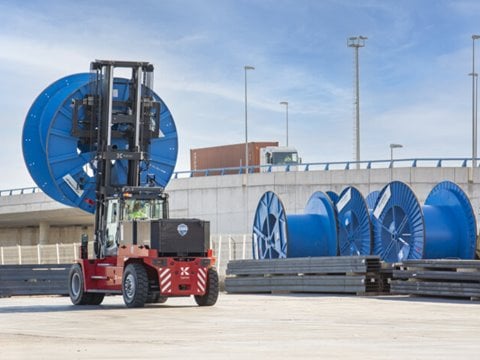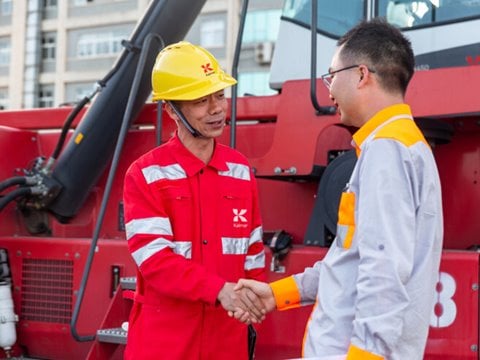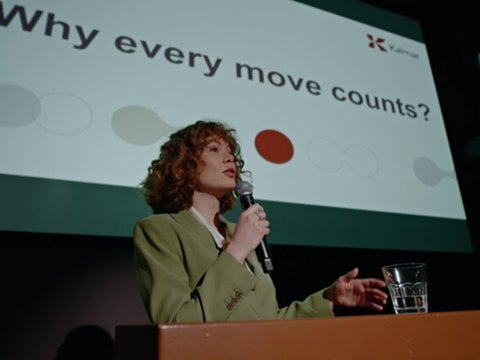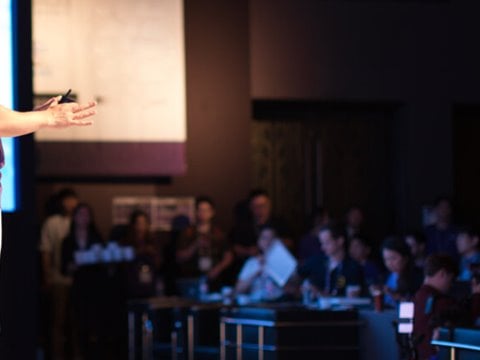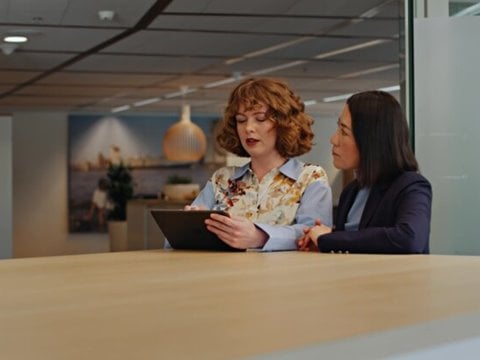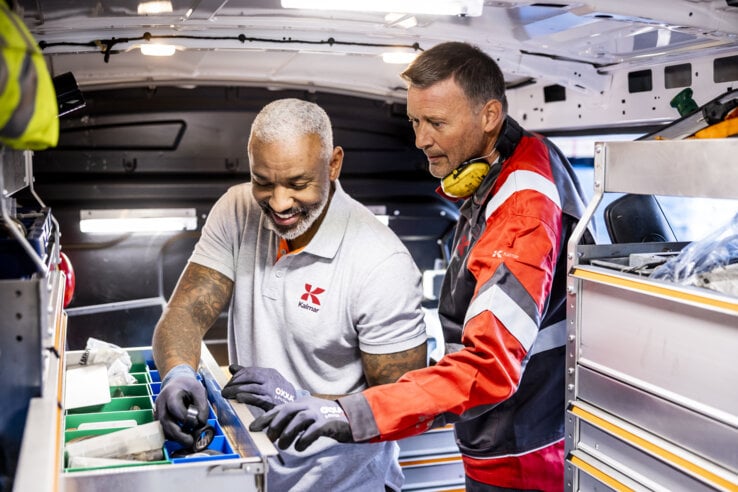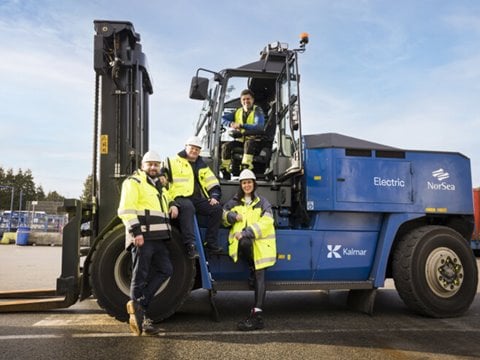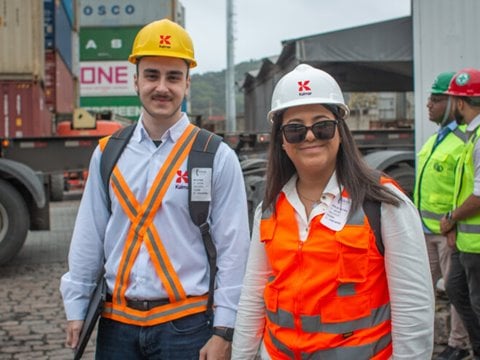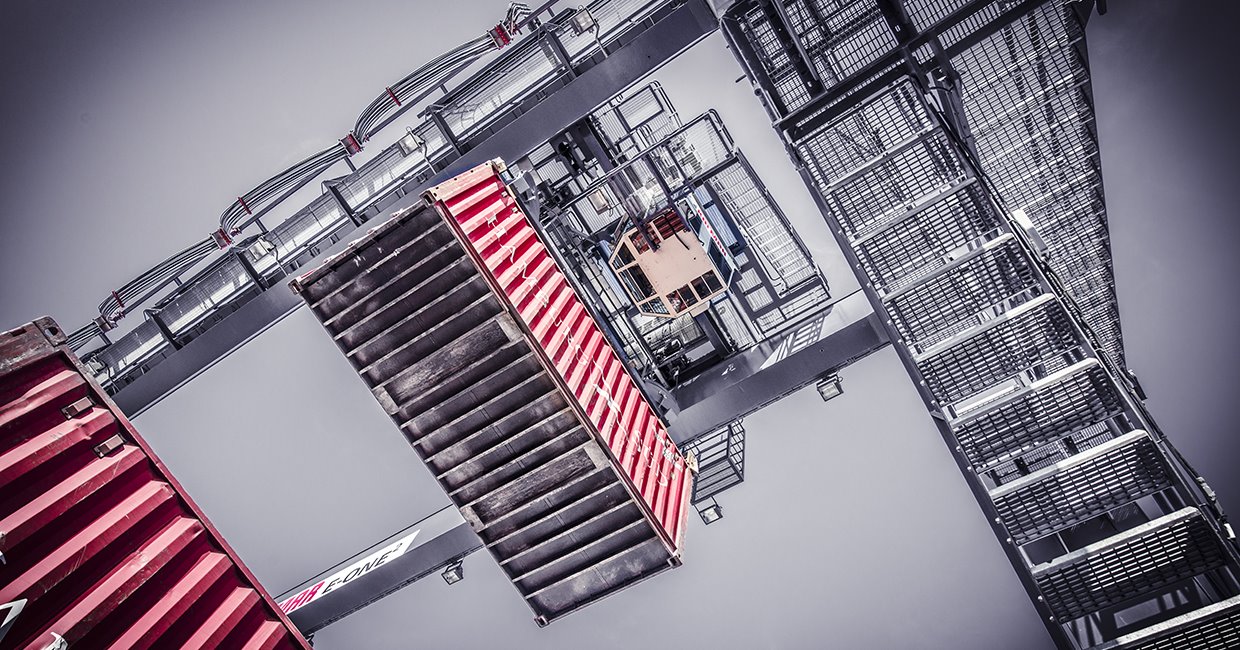
From quantum theory to quantum practice
Richard Harrison, Managing Director, Maritime Solutions of Cargotec’s recently acquired TOS provider Navis, envisages a future in which Moore’s law has played out, enabling us to put infinitely more computational power into our automated port technology.
No matter how far technology has taken us, we live in a physical world – Newton’s laws are inescapable. This means that in 2060 what we actually do at a port will be physically very similar to what we do today. However, the way we do it and the manner in which we think about it could well be fundamentally different.
The automated systems we currently depend on, including those of any port, are based on various algorithms and IT systems that need to have data translated into their languages – think RFID tags, barcodes and HTML. Meanwhile, present technology is propelling us towards “Google-like”, 24/7 self-service information, direct to the customer. This means that operators are making savings and building customer loyalty through facilitating greater customer interaction with processes.
Yet perhaps we should be preparing ourselves for a paradigm shift in which quantum computers get the work done with neither customer nor provider having to focus much on the process at all. Due to their ability to be in more than one state simultaneously, for a quantum machine, minimal time will be wasted on analysing optimisation issues. Machines will simply ‘see’ – by gathering sensory data – what needs to be done, whether it is refuelling, loading containers or scheduling shipments – and do it.
Dramatically increased computational power will mean that neither operators nor customers will have to worry about the atomistic elements of technological processes. Process elements, like asset allocation, empty running, idle time and wear and tear will no longer have to be monitored by humans, leaving operators time to instead focus on perfecting wider strategic operations. The advent of BI or ‘business intelligence’ software is already an indication of automation allowing us a more holistic view of port operations.
If this sounds farfetched, just look back a few generations to trace the trend. My generation knew how the marvel of TV worked. We learned about cathode ray tubes and electron beam. The mystery of the TV was broken down into parts and functions. Yet these days how many of us know how our smartphone works or how our car functions?
The fact is that in the modern world we don’t have to know. Because the only important thing is that we can trust that they DO work.
This philosophy will one day apply to port operations. Forecasters say that the current 500 million container movements per year will reach 1 billion by 2020. Yet accessible technology and free, ubiquitous WiFi (or future equivalent) will mean more communication – from both assets and people – resulting in substantially fewer movements but infinitely higher volume and efficiency. Energy will be a scarce and carefully conserved resource and every unnecessary movement will be eliminated.
This year, availability of what might well be the first commercially available quantum 128 qubit computer was announced. A truly futuristic port requires truly futuristic thinking and even now, quantum is no longer just theory.
Related articles
Further reading
Subscribe and receive updates in your email
Subscribe